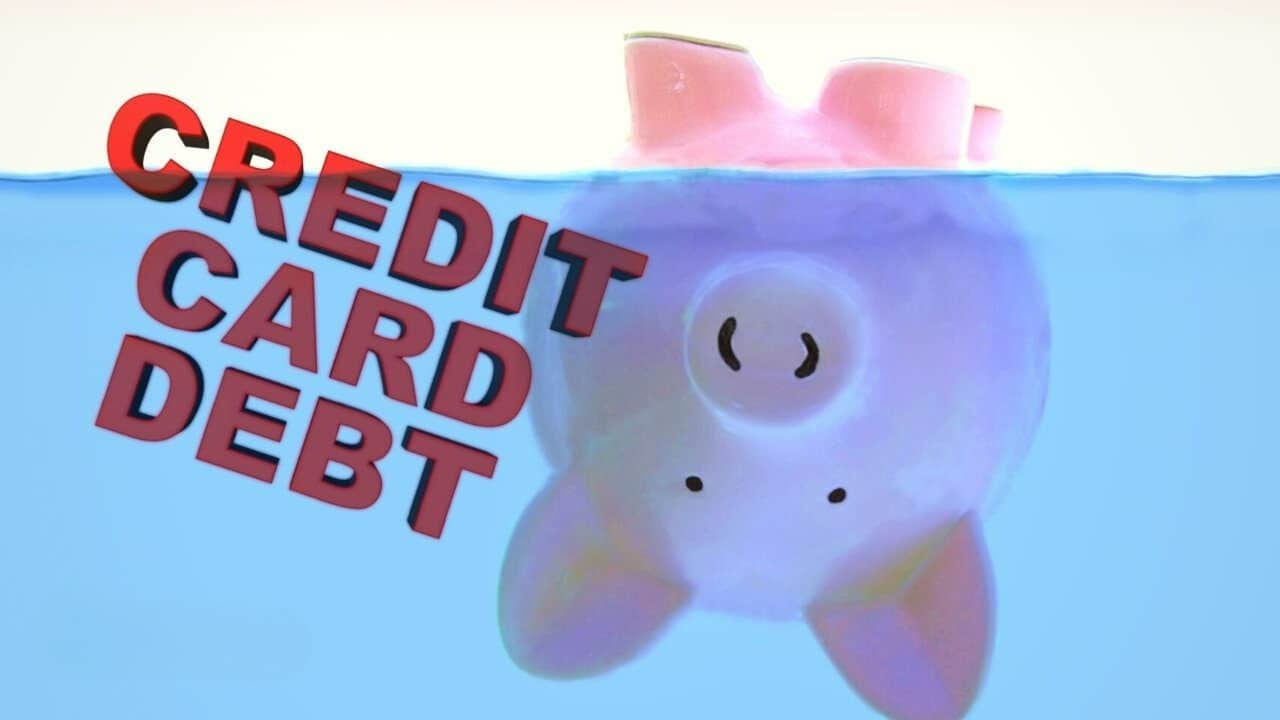As Chicago divorce attorneys one of the common questions we’re asked by clients is how the credit card debt gets divided in a divorce. When you get a divorce in Chicago the Illinois law requires all debts and assets accumulated by you and your spouse to be divided equitably. Equitably is not necessarily equally, however it could be.
Dividing Credit Card Debt in a Divorce
There are many factors that are considered when dividing credit card debt and other debts in a divorce and the court will look at all the circumstances surrounding the debt that was incurred. If the debt was incurred during the marriage before anyone filed or before the marriage broke down, then it is likely considered a marital debt that has to be equitably divided based mainly upon each party’s income and ability to pay the debt.
Once parties separate and accumulate debt after the separation, often times this is considered to be each spouse’s individual debt because it was accumulated after the breakdown of the marriage. However, in the event that one party has control of funds and is not providing support forcing the other to use debt or loans to pay for day-to-day expenses, in that instance it could be considered a marital debt even though it was incurred after someone has filed for divorce.
Student Loan Debt
There are a few exceptions to this and one of them is student loans. When one spouse attends college and takes out student loans during the marriage it is not necessarily a marital debt, it could be, but often time the student loan debt stays with the spouse who took out the loans. There are times when student loan debt is marital and in those situations is it often when both parties have obtained a benefit from the degree, or it was an agreement during the marriage that the debt was to be taken out for this purpose.
Loans from Family Members
One type of debt that comes up often during a divorce is loans from family members. It is often considered to be a gift when you come to the court requesting that your family member be paid back a debt that one spouse alleges, they have received from a family member. Without a written loan document signed by both parties and at least proof that a stream of repayments has been made back to that family member by both parties it is likely to be considered a debt of the spouse receiving the loan. The court often times will presume that if the debt has not been paid back by a showing of payments, then it may not have to be paid back and it will not be considered marital debt.
Whose Name is on the Credit Card?
It is important to know whose name is on the credit card as the guarantor of payment. Oftentimes it is just one spouse’s name is on the credit card and the other spouse may have been put on as an authorized user. You should always pull your credit report when you begin the divorce process to make sure you understand what debts are in your name. If a court orders your spouse to pay with a credit card that is in your name you want to make sure that gets paid so that your credit rating does not suffer.
It is also very important to list all of your debts, including credit cards, on your financial affidavit. If you fail to list a debt on your financial affidavit it is difficult to ask the court to account of the debt when you are dividing the assets and liabilities.
Disclosure of Credit Card and Other Loan Documents
During the divorce proceedings you will likely have to exchange the credit card and other loan statements so that they can be reviewed to determine what was purchased with the credit or what the loan proceeds were used for and how payments are being made. This will allow both spouses to understand the nature of the debt in working towards a solution for payment. In the event there are charges on a credit card that have nothing to do with the marriage, such as gambling, excessive travel, unusual purchases that were not common during the marriage or purchases for someone else, those items may be excluded from what is considered marital debt. This is called dissipation and is defined as money spend during the marriage that has nothing to do with the marriage. Spouses can continue their normal spending routines and payment of normal household and day-to-day needs and expenses once a divorce is filed but they cannot run up large credit card bills in the hopes that the marital estate will have to pay.




















